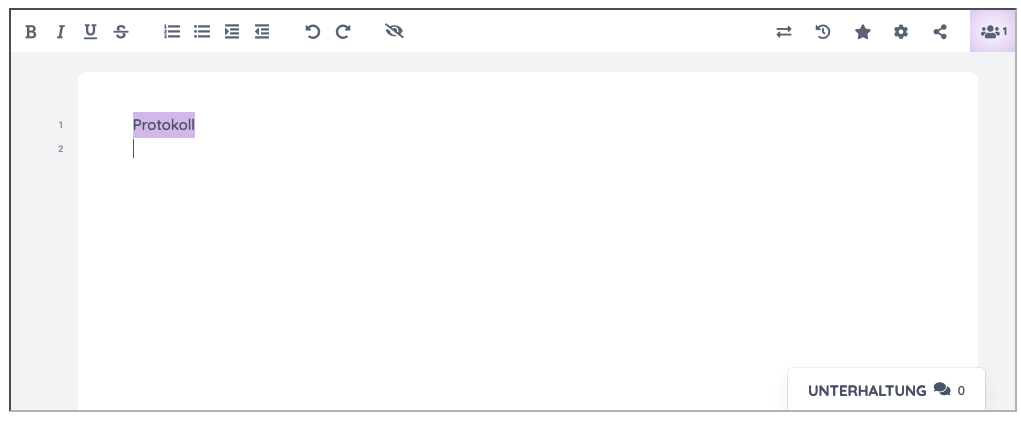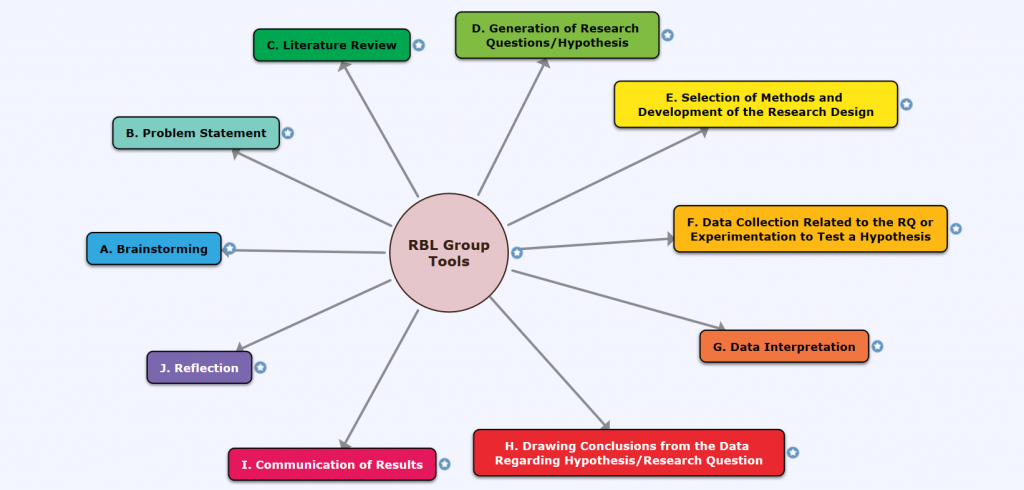Since the summer semester 2017, WordPress Blog plugin is available in every course to be activated by their teachers, by using the tab “Mehr…” and checking the box for the “WordPress Connector” plugin.
Basic instructions for the use of the WordPress Stud.IP plugin (PDF)
There are three options of blogs creation:
- A Course Blog. The teacher can choose if this blog is only to be read (and eventually add coments) by the students, or if they can create new content inside (“vernetzen”). That option can also be applied to the other types of blogs to allow peer work/revision.
- Individual blogs, for students, teachers and/or tutors. In this case, only the author will have permissions to write.
- Group blogs, for collaborative work in small groups. The teacher has to configure the groups in advance through the tab “Teilnehmende” of the course.
After the creation of the blogs, and according to the permissions of each scenario, the teacher, the students and/or the tutors can change their Blogs as public (opened eye) or private (closed eye). Other configuration of the blogs is not related to Stud.IP and it should be done through the Dashboard inside WordPress.
Blogs can be used as a good support for ePortfolios:
Slides Introduction to WordPress as platform for e-Portfolios (PDF)




